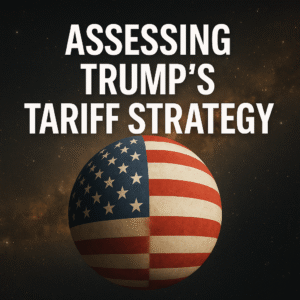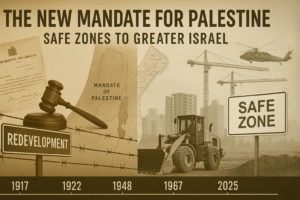Geopolitical Briefing: Central Asia
10 August 2025
Key Developments (Strictly New, Focused on Foreign Policy/Geopolitics)
- UN establishes a regional hub for sustainable development in Central Asia
- Kazakhstan and China agree to build a cross‑border logistics hub and industrial park
- No other qualifying foreign policy developments reported within the past 7 days
1. UN Launches Regional Sustainable Development Hub in Kazakhstan
On 10 August 2025, the UN Secretary-General and the President of Kazakhstan signed an agreement in Almaty to establish a UN regional center for Central Asia and Afghanistan, aimed at promoting sustainable development and deepening regional cooperation (qazinform.com, news.az). This initiative elevates UN engagement in the region, offering a multilateral framework for development assistance. It enhances the Central Asian states’ capacity to coordinate with international partners on environmental, economic, and governance issues, reinforcing institutional resilience and diversification of external developmental partnerships.
2. Kazakhstan and China to Develop Logistics Hub and Industrial Park
Also reported today, high-level discussions between Kazakhstan’s Deputy Prime Minister and China confirmed plans to develop a logistics hub and industrial park near the Kazakhstan–China border (news.az). This project underscores Kazakhstan’s role as a strategic node in regional connectivity, while consolidating economic cooperation under the Belt and Road Initiative. The initiative advances Kazakhstan’s control over infrastructure integration, strengthens commercial ties with China, and deepens its participation in BRI-facilitated supply chains.
Strategic Implications (Contextual Framework)
- The UN hub reflects expanding multilateral engagement, offering a counterbalance to dominant bilateral development influences and supporting sovereign-led regional development.
- The Kazakhstan–China logistics project further entangles the region within infrastructure-centric geopolitical and economic frameworks, reinforcing China's role in shaping trade corridors—but also enabling Kazakhstan to manage its logistical and developmental sovereignty.


